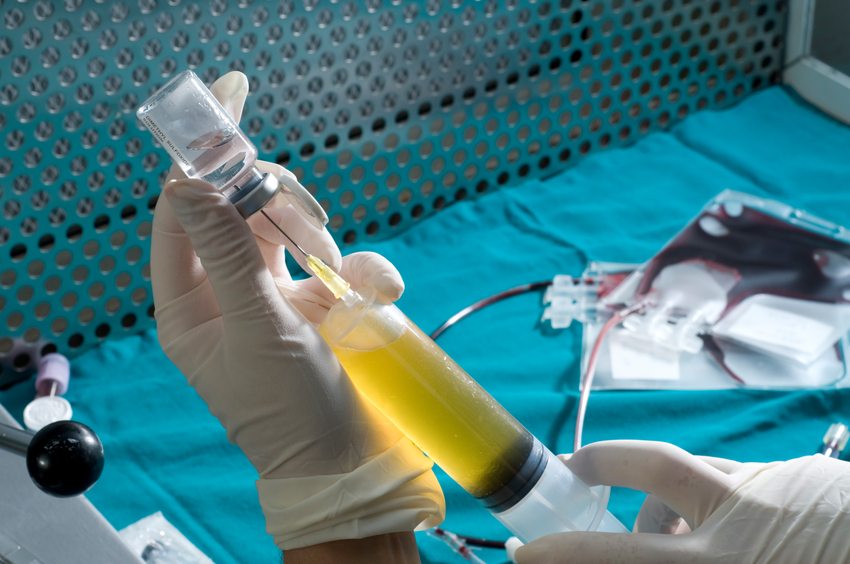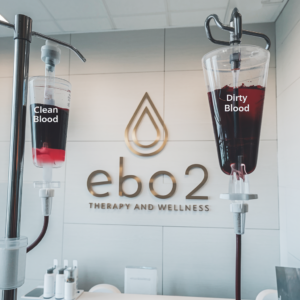MSC stem cell therapy represents a significant advancement in regenerative medicine, changing the way we treat various medical conditions. EBo2 therapy and other innovative treatments work in conjunction with MSC therapy to offer patients new hope for healing and recovery. These special cells, known as mesenchymal stem cells, possess unique abilities to help repair damaged tissues and reduce inflammation throughout the body. This guide explains how MSC therapy works, what conditions it can treat, and why it’s becoming an important option for patients seeking alternatives to traditional treatments.
The Science Behind MSC Stem Cells
Mesenchymal stem cells are specialized cells that can differentiate into various types of tissue, including bone, cartilage, and fat cells. What makes these cells particularly valuable is their ability to regulate inflammation and enhance the immune system’s function. When you get injured or experience inflammation, MSCs can travel to the affected areas and initiate the healing process. They release growth factors and other helpful substances that encourage tissue repair and regeneration. MSCs also communicate with other cells through tiny particles called extracellular vesicles, which carry important healing messages. Understanding how these cells function helps doctors utilize them more effectively to treat various health conditions. The science demonstrates that MSCs possess natural healing abilities that can be leveraged to aid patients in recovering from injuries and diseases.
Conditions Treatable With MSC Therapy
MSC therapy can help treat a wide range of medical conditions affecting various parts of the body. For joint problems like arthritis, MSCs can help reduce pain and inflammation while promoting cartilage healing. People with autoimmune diseases, such as multiple sclerosis or inflammatory bowel disease, may benefit because MSCs can help calm an overactive immune system. Patients with heart disease who have experienced a heart attack may see improved heart function after MSC treatment. Neurological conditions like Parkinson’s disease, Alzheimer’s, and spinal cord injuries are being studied as potential applications for MSC therapy. Even wound healing can be improved with MSC treatment, especially for patients with diabetes or circulation problems. The wide range of treatable conditions makes MSC therapy an exciting option for patients who haven’t found relief with conventional treatments.
Benefits of MSC Stem Cell Treatment
MSC stem cell treatment offers several key benefits that make it appealing to both patients and healthcare professionals. One major advantage is that MSCs can naturally reduce inflammation without the side effects often associated with medications. These cells can also help repair damaged tissues by encouraging the growth of new, healthy cells. MSCs are particularly good at finding injured areas in the body and concentrating their healing effects where they’re needed most. Unlike some treatments, MSC therapy typically has fewer side effects because the cells work with your body’s natural healing processes. Patients often experience reduced pain, improved function, and better quality of life after treatment. The treatment can also slow the progression of disease in chronic conditions. Another benefit is that MSCs can be used repeatedly if needed, and they don’t typically cause rejection problems when used properly.
Clinical Applications of MSC Therapy
Doctors are using MSC therapy in many different medical specialties with encouraging results. Orthopedic surgeons utilize MSCs to aid patients with joint injuries, arthritis, and tendon issues in healing more quickly and completely. Cardiologists are treating heart attack patients with MSCs to help repair heart muscle damage. Neurologists are exploring MSC therapy for stroke patients and people with degenerative brain diseases. Rheumatologists use MSCs to help control autoimmune diseases like rheumatoid arthritis and lupus. Dermatologists are utilizing MSC therapy to enhance wound healing and promote skin rejuvenation. Gastroenterologists are studying MSCs for inflammatory bowel diseases. The growing number of medical specialties utilizing MSC therapy demonstrates the versatility and promise of this treatment approach in addressing various health challenges for patients.
Future Prospects in Regenerative Medicine
Regenerative medicine’s future looks promising as researchers develop new healing methods. Scientists create special scaffolds to guide cell growth and tissue formation. Gene editing technology enhances the effectiveness of stem cells in treating diseases. Researchers work with induced pluripotent stem cells made from a patient’s cells. Combining different regenerative therapies may lead to better outcomes. As technology advances, regenerative medicine will become accessible for an increasing number of conditions and patients.
Related Topics:
- How to Increase Stem Cells Naturally: Tips for Promoting Growth
- Stem Cell Knee Injections: What You Need to Know About the Cost







